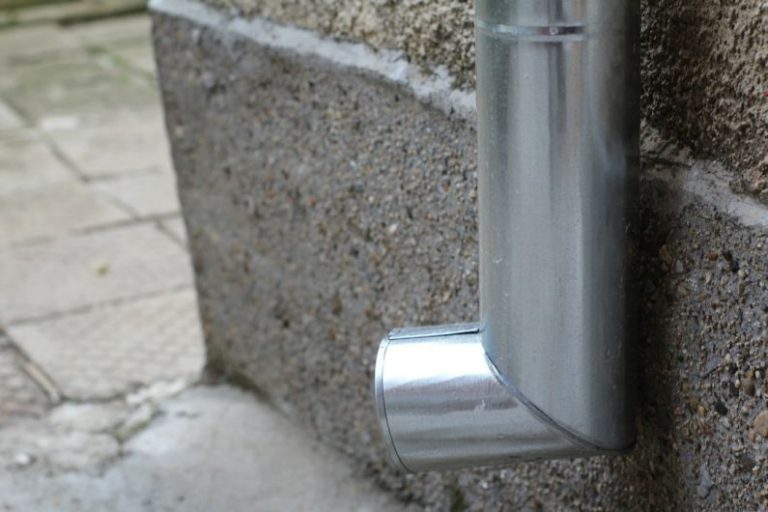How to Create an Efficient Home Recycling System?
Recycling is an essential practice that helps reduce waste and protect the environment. By implementing a well-designed home recycling system, you can contribute to a cleaner and greener planet. In this article, we will explore some practical steps to create an efficient recycling system in your home.
Evaluate Your Recycling Needs
Before setting up a recycling system, take some time to evaluate your recycling needs. Consider the types of materials you frequently discard, such as paper, plastics, glass, or metals. Assess the amount of waste generated in your household on a regular basis. This evaluation will help you determine the size and organization of your recycling system.
Designate Recycling Stations
To create an efficient home recycling system, designate specific recycling stations throughout your home. These stations should be easily accessible and clearly labeled. For example, you can have separate bins for paper, plastics, and glass in your kitchen, while placing a larger bin for general recycling near the main entrance. By having designated stations, you will encourage family members to segregate waste properly.
Invest in Adequate Recycling Bins
Investing in the right recycling bins is crucial for an efficient recycling system. Opt for bins that are durable, easy to clean, and have separate compartments for different materials. If space is limited, consider stackable bins or collapsible containers that can be folded when not in use. Also, make sure to choose bins with lids to prevent odors and unwanted pests.
Educate Your Family
To ensure the success of your home recycling system, educate your family members about the importance of recycling and how to properly sort and dispose of waste. Teach them which materials can be recycled and how to clean and prepare them before recycling. Encourage everyone to actively participate in the recycling efforts and make it a part of their daily routine.
Research Local Recycling Guidelines
Every community may have specific recycling guidelines and regulations. Therefore, it is important to research and understand the recycling guidelines in your local area. Find out what materials are accepted for recycling and whether they need to be sorted or cleaned before disposal. By following the local regulations, you can ensure that your efforts are aligned with the larger recycling system in your community.
Reduce and Reuse
While recycling is important, reducing waste and reusing items should be the first priority. By minimizing the amount of waste you generate, you can have a more efficient recycling system. Consider alternatives to single-use items, such as reusable water bottles, shopping bags, and food containers. Donate or repurpose items that are still in good condition instead of throwing them away.
Regular Maintenance and Monitoring
Maintaining and monitoring your home recycling system is essential for its efficiency. Regularly empty and clean the recycling bins to prevent contamination. Keep an eye on the bins’ fill levels and adjust accordingly to avoid overflow. Stay updated with any changes in the local recycling guidelines and adjust your system accordingly.
In conclusion
Creating an efficient home recycling system requires careful planning and organization. By evaluating your recycling needs, designating recycling stations, investing in adequate bins, educating your family, researching local guidelines, reducing and reusing, and regularly maintaining and monitoring your system, you can make a significant positive impact on the environment. Start implementing these steps today and become a responsible steward of the planet.






